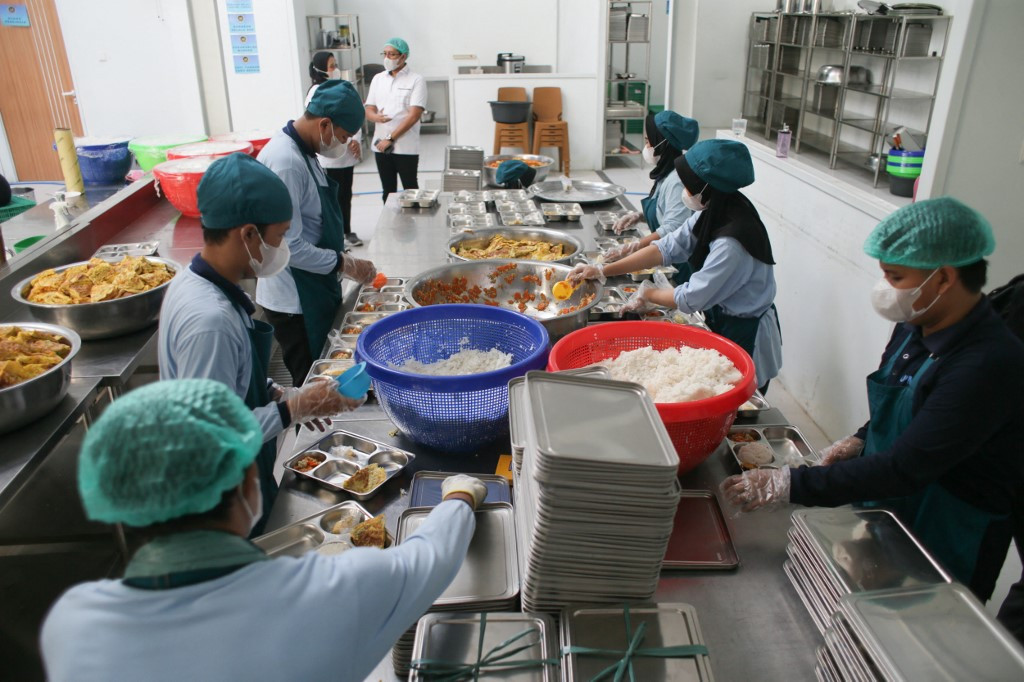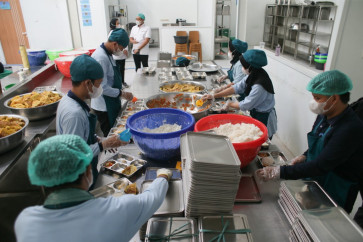Popular Reads
Top Results
Can't find what you're looking for?
View all search resultsPopular Reads
Top Results
Can't find what you're looking for?
View all search resultsIndonesian equities at crisis valuations, yet the economy is robust
The Indonesian economy is nowhere near a crisis. Growth has slowed marginally in recent months but is still robust and inflation is under control.
Change text size
Gift Premium Articles
to Anyone
I
ndonesian equities are trading at levels not seen since the Global Financial Crisis. At a price/earnings ratio of 12 times, they are currently among the cheapest in emerging markets and offer a 4.5 percent dividend yield, the highest in Asia. The rupiah recently slumped to depths not seen since the Asian Financial Crisis in 1998.
Yet, fundamentally, the Indonesian economy is nowhere near a crisis. Growth has slowed marginally in recent months but is still robust and inflation is under control.
Rather than reflecting any major macroeconomic imbalance, the negativity reflected in Indonesian asset prices likely relates to policy uncertainty under the new government. Concern is particularly concentrated around the budget and the new sovereign wealth fund Danantara, as well as external factors such as rising US import tariffs.
Aside from the COVID pandemic years, over the past twenty years Indonesia has adhered reliably to the legal fiscal deficit cap of 3 percent of GDP, while keeping real GDP growth stable at around 5 percent.
However, President Prabowo Subianto’s goal is to boost growth to 8 percent in the medium term. This is undeniably ambitious and will require significant investment, both foreign and domestic.
Reports that President Prabowo wants to break the budget deficit cap and expand the debt to GDP ratio have been repeatedly denied, but investors appear to remain concerned. There is inherent skepticism that such growth targets can be achieved without expanding the deficit and raising debt.
For example, Prabowo’s flagship free nutritious meals program is expected to cost US$45 billion over the next five years. Money has been set aside to kick-start the program in 2025 but, as disbursements ramp up in 2026 and 2027, more re-allocations from other areas of the budget will be necessary. It is likely investors fear that shortfalls will ultimately be covered by aggressive reallocation from productive areas, weighing on growth.


















